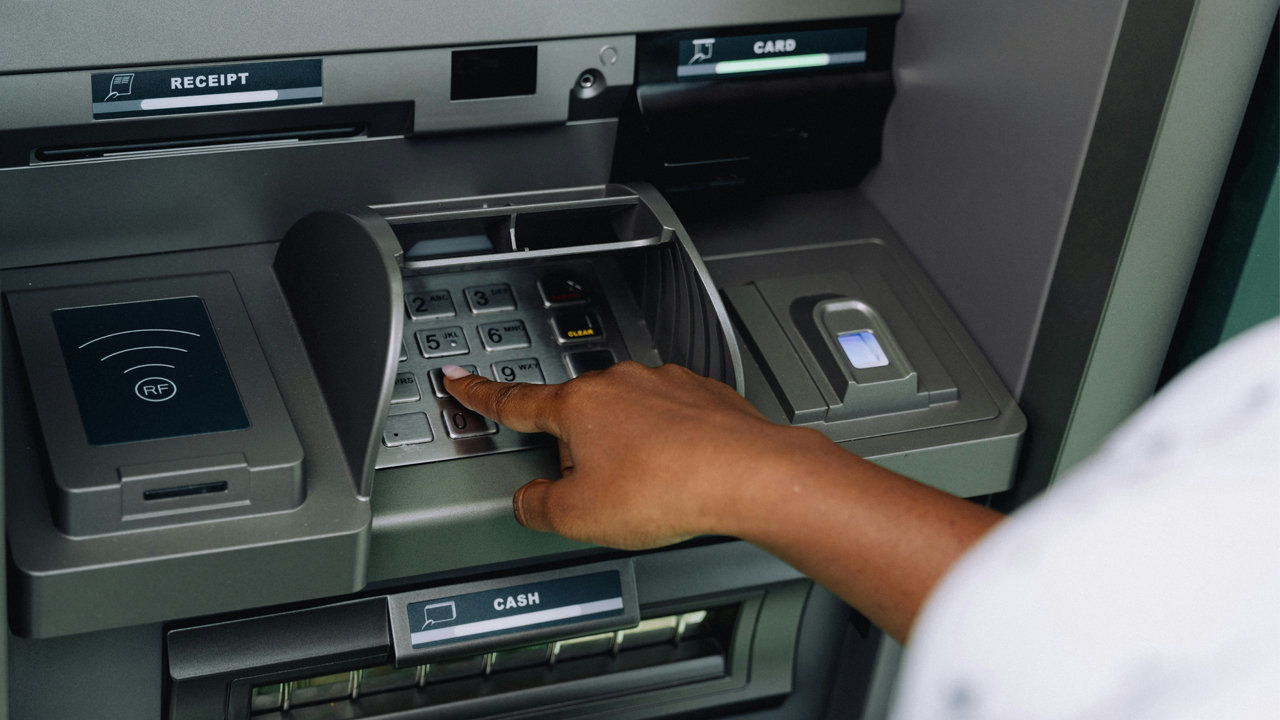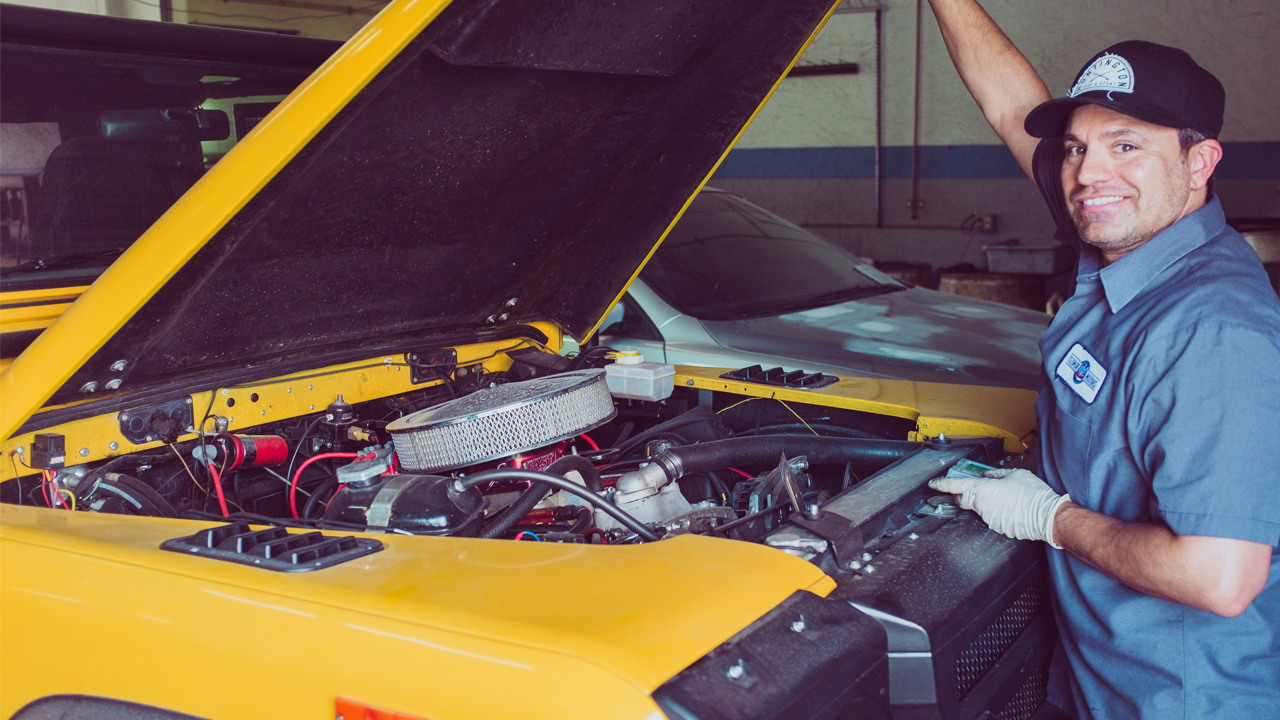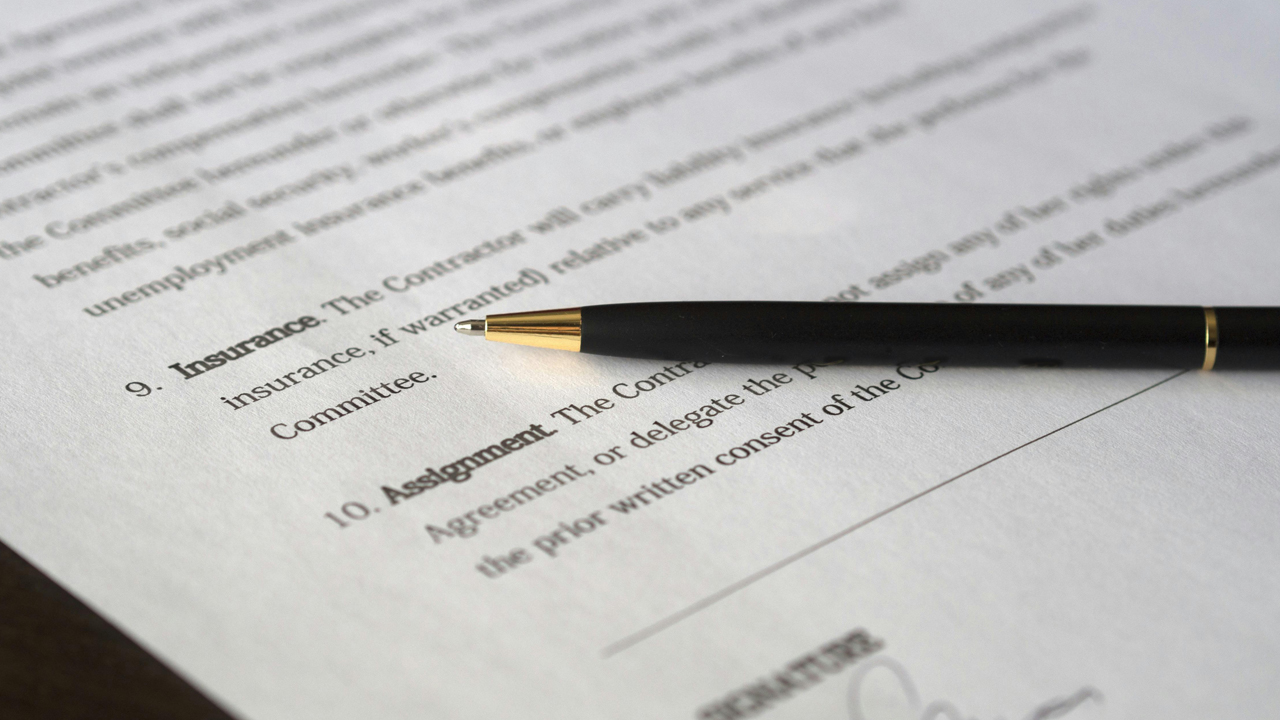Small, everyday habits often end up being the biggest drains on our finances. It’s easy to overlook little things that add up over time—like spending on convenience, splurging on things we don’t need, or falling for marketing tricks. Warren Buffett, one of the world’s most successful investors, has a simple but powerful philosophy when it comes to money: making small, smart decisions consistently is the key to building wealth. (Source: Yahoo Finance)
The habits that can hurt your finances aren’t always the obvious ones. In fact, some of them might seem harmless at first—until you realize how much they cost you in the long run. Whether it’s falling for the lottery’s false promises or neglecting basic maintenance on your car, these everyday money drains can seriously hold you back. By recognizing them and making small adjustments, you can keep more of your hard-earned money where it belongs: in your pocket and working for you.
The Hidden Cost of Coffee Habits

We’ve all been there—grabbing a $5 latte to kickstart the day. It seems like a small indulgence, but those daily coffee runs add up fast. Over the course of a month or year, the total could easily be in the hundreds, if not thousands. Warren Buffett recommends making your coffee at home, as even small changes in spending can make a huge difference long term. That money, invested wisely, could grow and work for you instead of going straight into your barista’s tip jar. (Source: Money Talks News)
The reality is, it’s not just about the coffee; it’s about the habits that sneak up on us. Cutting back on these seemingly small expenses can give you more room to focus on bigger financial goals. Making coffee at home is one of the easiest ways to keep more money in your pocket without feeling deprived.
Paying Extra for Convenience

In today’s world, convenience is king. It’s easy to grab pre-cut veggies, snack-sized portions, and bottled water to save time. But those little purchases come at a premium. Buying these things may seem like an easy shortcut, but it’s one of the quickest ways to drain your wallet. Buffett’s advice here is simple: if you’re buying things you don’t actually need, you might end up having to sell things you do need. (Source: SmallBizTechnology)
Taking the time to do a bit of prep work on the weekend can make a huge difference. You can chop your own veggies, pack snacks in reusable containers, and use a refillable water bottle. These small changes add up, helping you save money while still enjoying the convenience of easy meals and hydration.
The Lottery Trap

The lottery is tempting. That “what if I win?” fantasy is enough to make anyone throw a few bucks down for a chance at a life-changing jackpot. But the odds are stacked against you, and for many people, those small, regular purchases add up to a significant drain on their budget.
Warren Buffett isn’t a fan of the lottery, and for good reason. He calls it a tax on the mathematically challenged because the odds of winning are so slim. Instead of throwing money away on tickets, consider putting that same cash into a savings or investment account. (Source: X/Twitter) Even small, consistent deposits can grow over time, offering far better long-term financial benefits than a random shot at winning.
ATM Fees Add Up

It’s easy to forget that ATMs aren’t free—especially when you’re in a pinch and need cash. But those withdrawal fees can pile up quickly, especially if you’re frequently using machines outside your bank’s network. Even a $2 or $3 fee might not seem like much at the time, but if you’re making withdrawals every week, that adds up to quite a bit of wasted money.
Buffett suggests avoiding these fees by planning ahead. If you need cash, either use your bank’s ATM or grab some cash when you’re at the grocery store, where many places let you withdraw without a fee. It’s the small, everyday steps like this that can make a huge difference in the long run, keeping more money in your pocket for the things that matter most.
Skipping Small Repairs

It’s easy to push off small maintenance tasks—like getting that odd noise checked out in your car or fixing a leaky faucet. But the longer you wait, the more likely those minor issues will turn into costly problems down the line.
Warren Buffett believes in the power of prevention. Tackling repairs early, even if it means spending a little now, can save you big later. Whether you handle some fixes yourself or set aside a small budget for maintenance, staying on top of these things keeps your expenses in check and helps you avoid those expensive surprises that can really hurt your finances.
The Hidden Cost of Eating Out

Dining out can feel like a treat, but if it becomes a regular habit, it can quickly drain your wallet. Between takeout, delivery apps, and restaurant meals, the costs add up in ways you don’t always notice.
Warren Buffett’s approach is simple—cook most meals at home. It doesn’t mean you can’t enjoy the occasional night out, but by making eating in the norm, you save a ton of money. Cooking at home doesn’t have to be complicated, and the savings over time are real. It’s about finding a balance and treating dining out as a special event rather than an everyday expense.
Avoiding Unnecessary Bank Fees

Bank fees can be a sneaky drain on your finances. Overdraft charges, monthly maintenance fees, and minimum balance penalties may seem small individually, but they add up quickly. The good news is, you don’t have to settle for high fees.
Warren Buffett recommends shopping around for a bank that offers low or no fees. Credit unions or online banks often provide great options that don’t eat into your balance. It might take a little time to switch accounts, but once you do, you’ll save money month after month, leaving you with more to invest or save for your future.
Avoiding Unnecessary Extended Warranties

Extended warranties often seem like a good safety net, especially when you’re buying electronics or appliances. But more often than not, they’re a waste of money. Many products already come with solid manufacturer warranties, and credit cards sometimes even extend those warranties for free.
Warren Buffett’s advice is simple: don’t be pressured into buying extra coverage unless you’ve carefully read the fine print. Think about how likely it is you’ll need the extra protection. If the chances are low, it’s probably best to skip it. You’re better off saving that money or investing it where it can grow for you in the long run.
Not Using Your Workplace Benefits

Many employers offer benefits that go unused, whether it’s a retirement match, tuition assistance, or even discounted gym memberships. These perks are essentially free money or resources that can help you grow your wealth or improve your quality of life.
Buffett emphasizes that these workplace benefits should never be overlooked. Even small contributions to retirement accounts can snowball thanks to compound interest, making a huge impact over time. Take a closer look at your benefits package and make sure you’re taking full advantage of everything that’s available to you. These little steps can set you up for much stronger financial health down the road.

Alexander Clark is a financial writer with a knack for breaking down complex market trends and economic shifts. As a contributor to The Daily Overview, he offers readers clear, insightful analysis on everything from market movements to personal finance strategies. With a keen eye for detail and a passion for keeping up with the fast-paced world of finance, Alexander strives to make financial news accessible and engaging for everyone.


